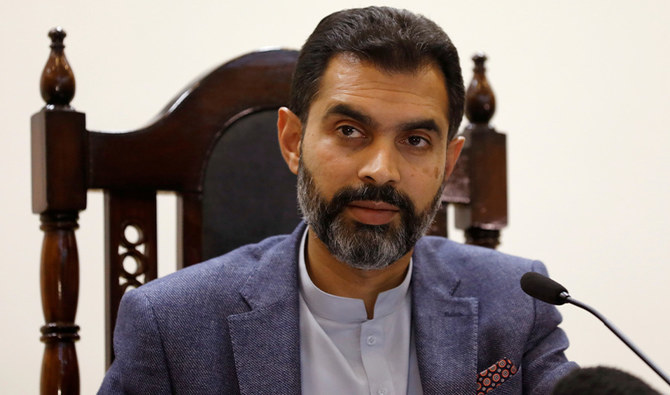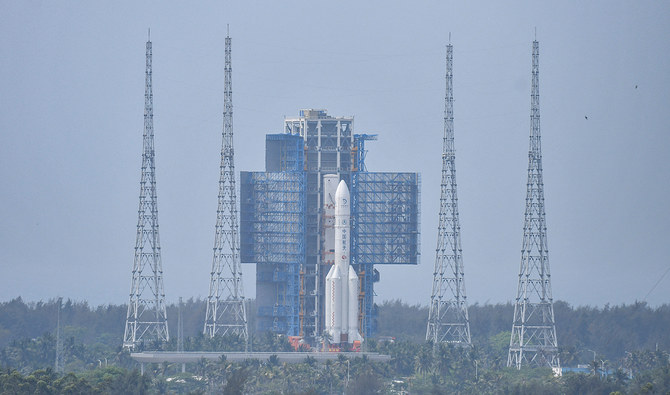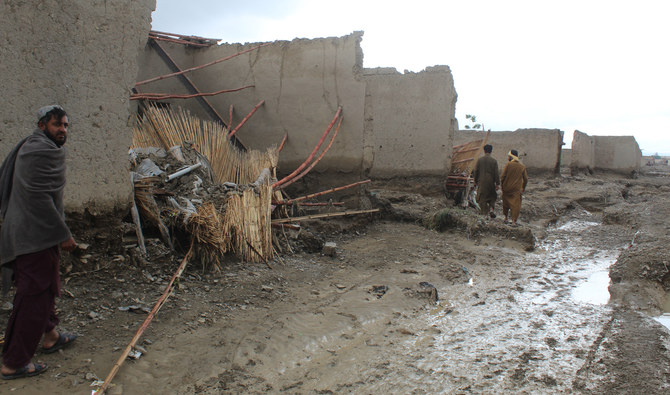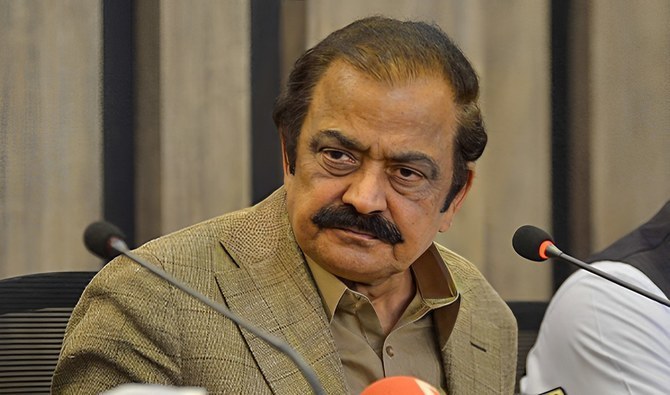KARACHI: The governor of Pakistan’s central bank said on Tuesday the current accommodative monetary policy of the government would be continued to ensure the growth of the economy amid talks of a stimulus package.
The monetary policy committee of the central bank on Friday had decided to maintain the policy rate at 7 percent — keeping it unchanged for the fifth consecutive meeting — encouraged by a further upward revision in this fiscal year’s growth forecast to 3.94 percent.
In an interview to Bloomberg TV on Tuesday, central bank Governor Reza Baqir said there were three factors due to which the central bank had kept its policy rate unchanged: uncertainty related to the COVID-19 pandemic, and factors that had increased headline inflation, i.e. energy and food prices.
“The committee was of the view that in the absence of unforeseen circumstances, the current significantly accommodative stance would be maintained,” Baqir said. “If there are any signs of emerging demand side pressure then the committee may decide to moderate extent of current accommodation.”
“Current uncertainty with COVID or virus that is mutating, it is more dangerous to withdraw the stimulus too soon rather than late,” Baqir added. “The monetary stance is significantly accommodative … The prevailing real interest is zero to minus four percent.”
Last month, the National Accounts Committee had reviewed the Gross Domestic Product (GDP) and announced that the provisional growth of GDP for the year 2020-21 would be estimated at 3.94 percent, based upon growth estimates of the agricultural, industrial, and services sectors at 2.77 percent, 3.57 percent, and 4.43 percent, respectively. The growth for 2019-20 was revised downward from -0.38 percent to -0.47 percent.
Defending the revised economic growth forecast for the current year, the governor said it was the result of aggressive stimulus and a prudent recalibration of government spending.
“It was a very aggressive stimulus of the central bank of about 5 percent of GDP, largely relying on quantitative measures but, second, was a very prudent recalibration of government spending on the part of fiscal authorities which injected a lot of cash as in the Ehsaas cash program,” Baqir said, referring to a government social protection program launched after the coronavirus pandemic broke out.
“This calibrated response is a combination of prudent fiscal and aggressive monetary policy that is the key factor that underpins the growth of about four percent,” the governor said.
Responding to a question about an International Monetary Fund bailout program that the country was able to restore in April this year, the governor said it was at the “stage of pivoting from stabilization to growth right now.”
“In most IMF programs… there is transitioning that takes place – Pakistan has successfully demonstrated it has stabilized,” Baqir said. “The current account is close to a $900 million surplus, and reserves are at a $16 billion level.”
The central bank’s decision to continue an accommodative monetary stance comes at a time when the country’s finance ministry said he is considering a stimulus package to support the economy, a report published in Bloomberg said.
The stimulus options include incentives in collaboration with the central bank or packages targeted at the poor. Pakistan has already disbursed 203 billion rupees ($1.3 billion) in cash handouts to the poorest segment of society, while the central bank introduced multiple support packages, according to the report.
















